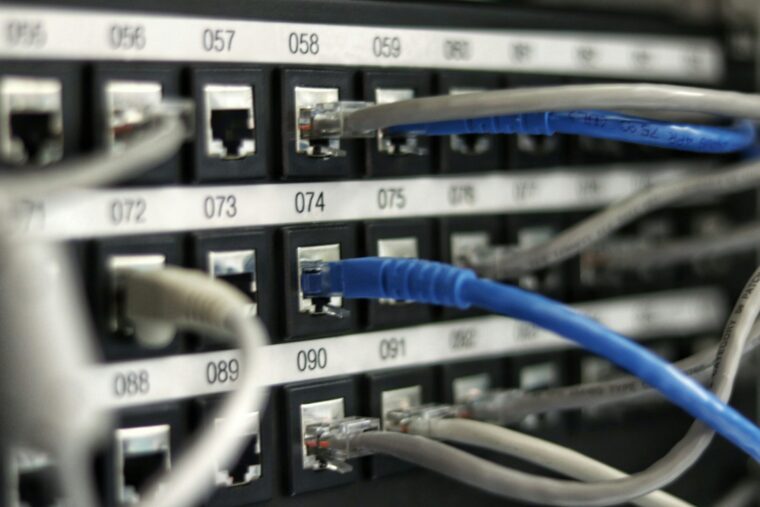
The Land of 10,000 Lakes is looking to expand high-speed internet access for its residents.
The Minnesota Department of Employment and Economic Development (DEED) is announcing $52 million in federal grants to expand broadband infrastructure throughout the state. The funding will support 26 internet service providers and will connect an estimated 7,700 homes and businesses to reliable broadband internet service.
The funding will be drawn from Minnesota’s $652 million federal allotment from the Broadband Equity, Access and Deployment (BEAD) Program, a federal program funded by the Bipartisan Infrastructure Law that delivers grants and funding opportunities to states to deploy broadband internet.
RELATED: More than half U.S. has completed BEAD approval process
The grants in this round of BEAD funding will support the efforts of Minnesota broadband providers to extend high-speed internet services in 24 counties throughout the state. The funding will be distributed through two key programs managed by the DEED.
The first program, the Border-to-Border Broadband Program, will allocate $25 million, allowing broadband providers to be reimbursed for up to 50% of the eligible costs related to deploying broadband infrastructure throughout the state. Projects awarded funds under this program will be eligible for grants up to $10 million per project.
The counties and entities set to secure grant funding through the program include:
Mille Lacs (East Central Energy) – $3.6 million.
Isanti, Kanabec and Mille Lacs (East Central Energy) – $3.2 million.
Fillmore, Olmsted and Winona (MiEnergy Cooperative) – $3.1 million.
Fillmore (Ace Telephone Association) – $2.5 million.
Carlton (Consolidated Telephone Company) – $2.1 million.
Aitkin (Mille Lacs Energy Cooperative) – $1.8 million.
Fairbault, Freeborn (Blue Earth Valley Telephone Company) – $1.8 million.
Morrison (Benton Cooperative Telephone Company) – $1.2 million.
Additionally, the Low Population Density Program will contribute $27 million to projects specifically in areas with low population densities that face higher deployment costs. DEED will deliver grants up to $10 million per project to cover up to 75% of a project’s total cost.
The counties and entities that will receive grants from the Low Population Density Program include:
Martin (Federated Rural Electric Association) – $8 million.
Clearwater, Mahnomen (Garden Valley Telephone Company) – $4.6 million.
St. Louis (Paul Bunyan Rural Telephone Cooperative) – $3.9 million.
Otter Tail (Otter Tail Telcom) – $3.7 million.
Murray (Woodstock Telephone Company) – $2.9 million.
Stearns (Runestone Telecom Association) – $1.5 million.
Waseca (Bevcomm Inc) – $1.2 million.
Le Sueur (Bevcomm Inc) – $1.1 million.
Minnesota’s commitment to broadband internet expansion is supported through this announcement and another made earlier this year, in which DEED provided $50 million to expand broadband internet in approximately 8,900 additional homes.
To date, DEED has delivered over $400 million to communities and internet service providers for broadband expansion initiatives. Communities and service providers contributed over $48 million in matching funds for this round of DEED grants and over $400 million for all grant rounds since the programs’ inception.
Photo by Jordan Harrison on Unsplash
The post Minnesota deploys $52 million in federal grants to expand broadband internet access appeared first on Government Market News.
